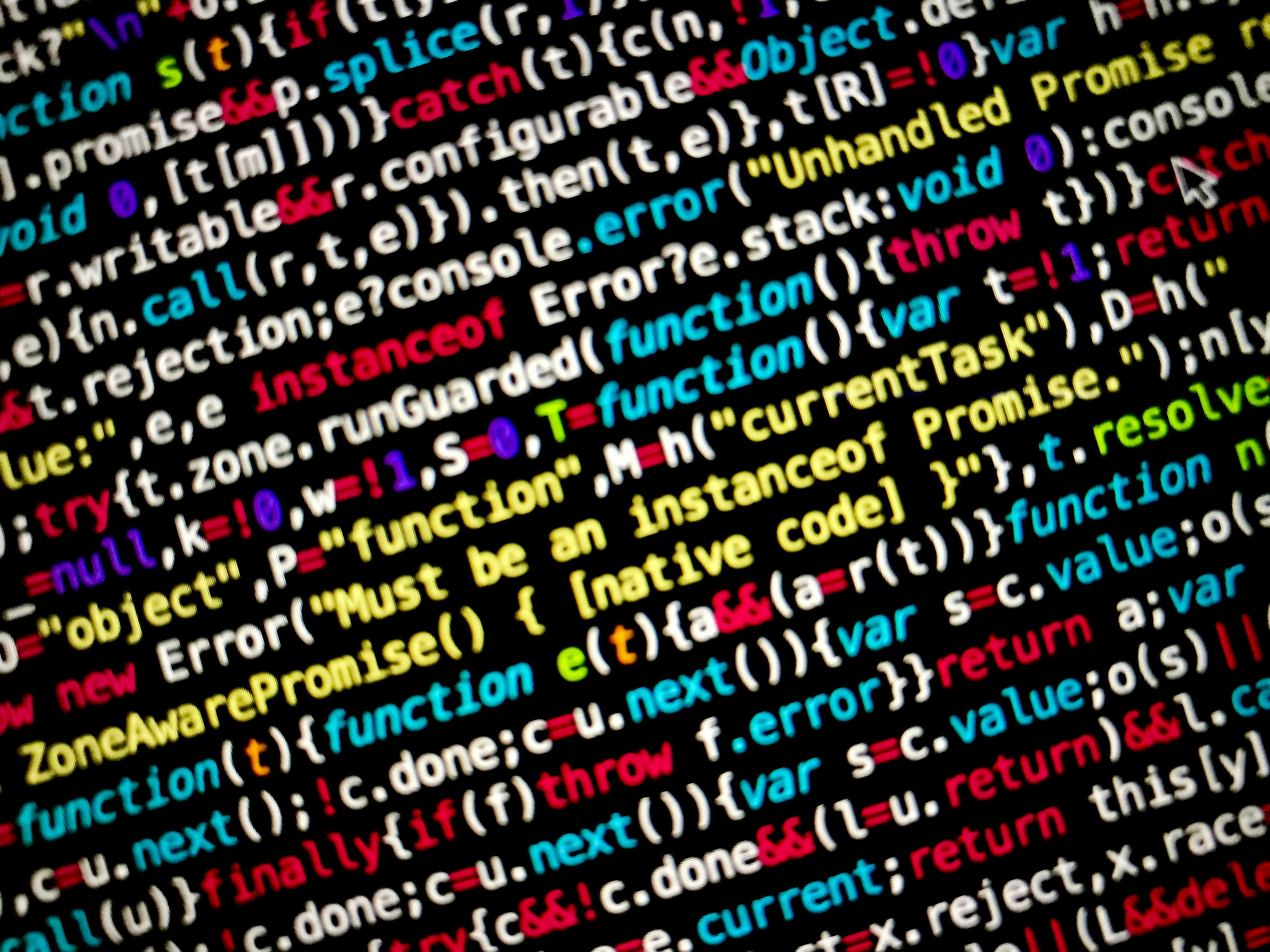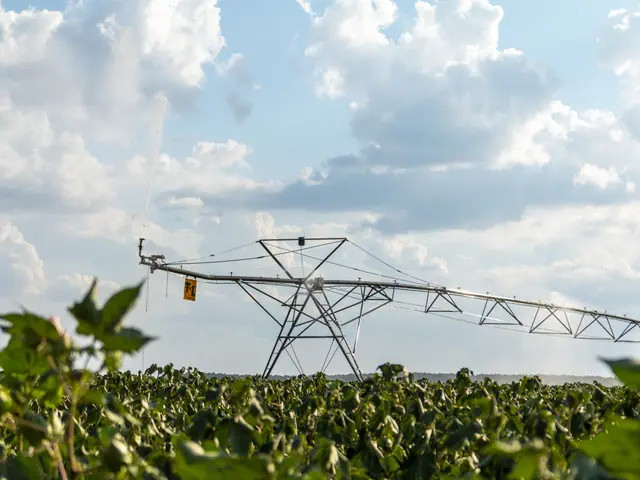Discernment on Hong Kong's Post-2047 Destiny: Clarifying Misconceptions Now
Farewell, My Friendly Territories: A Look at the Legal Labyrinth
Some say it's a repetition of history, but I'd rather not dwell on that. My earlier warnings of impending doom now seem like cries in the wilderness.
The second issue took me back to the drawing board - property ownership. As the change approached, the idea of 20-year mortgages for areas north of Boundary Street seemed incredulous. Banks, being habitually risk-averse, wouldn't lend a dime on doubtful territory. I dragged my feet, advocating for change, but to little avail.
Time for a Rewind: 25 Years After the Handover
Remember Hong Kong? The region buzzing with its unique legal system, a blend of its colonial past, and its new identity as a Special Administrative Region (SAR) of China?
The Good Old British Rule
Hong Kong, a British colony for 150 years, followed a British common legal system. The colony was governed by governor appointed directly by the British crown. The Judicial Committee of the Privy Council in the UK was the ultimate court of appeal[1][4].
A New Dawn: 1997 and Beyond
The handover on 1st July 1997 saw the transfer of power from the UK to China. Despite this, Hong Kong enjoys a high degree of autonomy under the "one country, two systems" principle. The Basic Law, enacted prior to the handover, ensures the continuity of the economic, legal, legislative systems, human rights, and freedoms for 50 years, until 2047[1][2].
The Court of Final Appeal replaced the Judicial Committee of the Privy Council as the highest appellate court in 1997[4]. Notably, judges from other common law countries may sit on the court, further emphasizing the court's independence and common law heritage[1][2]. Law enforcement and judicial practices are now under the jurisdiction of China, but maintain their roots in common law[3].
In brief, before 1997, Hong Kong's legal system was British common law under direct colonial rule. Post 1997, the system remains common law, autonomous due to the Basic Law, and functioning under Chinese sovereignty, complete with a level of judicial independence, until at least 2047[1][2][4].
| Period | Legal System | Supreme Court | Governing Authority ||-----------------------|-------------------------------------|-------------------------------------|--------------------------------|| Before 1997 | British common law | Judicial Committee of the Privy Council (UK) | British colonial government || After 1997 | Common law under "one country, two systems" | Court of Final Appeal (Hong Kong) | Hong Kong SAR under PRC sovereignty |
- The transition in 1997 raised questions about the future of the economy in Hong Kong, particularly in terms of business policies and regulations, given the shift from British to Chinese rule.
- Education, and more specifically, the quality of legal education, has become a topic of debate in the region due to the evolving political landscape and the implications for policy-and-legislation.
- General news outlets continue to monitor the political landscape and the relationship between Hong Kong and mainland China, as changes in politics could lead to shifts in policies affecting various aspects of life, from economy to education.








